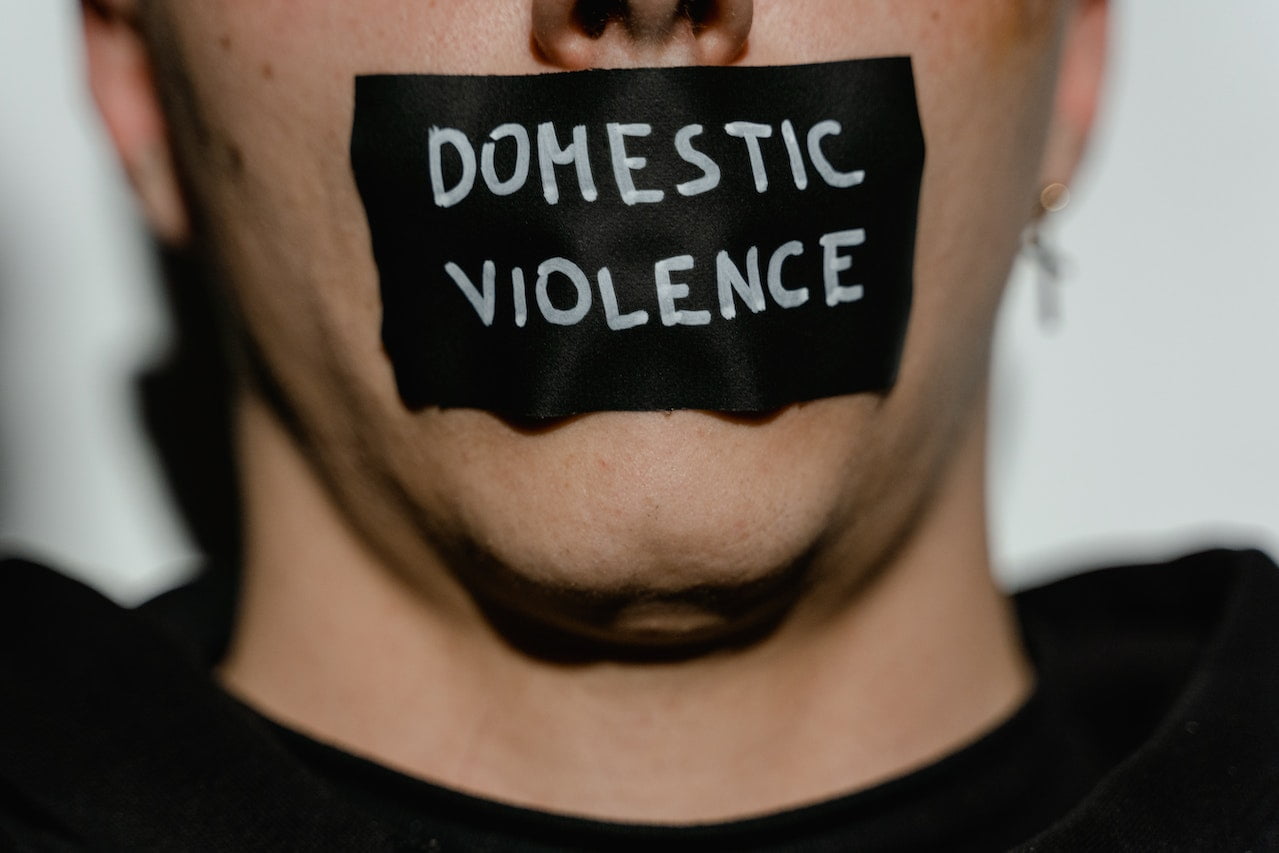Domestic Violence Laws – What Every Citizen Needs to Know
Domestic violence is a serious criminal act that impacts victims in many ways. It can be sexual assault, physical abuse, or emotional abuse.
If you are being abused, a special law can protect you. You can get help by filing a petition for an Injunction for Protection.
Defining Domestic Violence
“Domestic violence” refers to a repeated cycle of abusive behavior, including physical, sexual, emotional, and psychological abuse. It can be found in same-sex and opposite-sex relationships. It may occur between a spouse, a cohabitating partner, an intimate partner of either sex or a family member or household member. Law enforcement should treat domestic violence as a criminal act.
The perpetrator of a domestic violence offense can be a person of any age, race, or socioeconomic background. They can be male or female, gay or straight, married or not, and may have been abused themselves as children. Victims are generally more likely to be women, but men can also be abused. Perpetrators exhibit behaviors designed to control, manipulate, and frighten their partners. They often seek to isolate their victims from friends and family and can be very jealous of those who attempt to make contact with them.
Victims can receive protection from their abusers by seeking a court order called a protective or restraining order. These orders are known by different names in each state and may have special provisions depending on the situation. Victims can request these orders against their spouses, current or former romantic partners, adult relatives or roommates, and those who share a household with them. They can also seek protection against co-workers and neighbors who display abusive behavior.
Defining the Perpetrator
Domestic violence perpetrators hurt their spouse, girlfriend, boyfriend, co-habitant, child, or parent. They may use physical violence or psychological abuse. Typically, the abuse is part of a pattern of controlling behavior and often includes other types of violence like financial control or sexual harassment.
Most victims who seek help are women, but men also experience domestic violence. A victim of domestic violence can report a crime to the police, and, in some cases, a perpetrator may be charged with a criminal offense. However, a county attorney can decide whether or what charges will be filed against a perpetrator.
Some people who commit domestic violence were victims of childhood abuse, which can contribute to the likelihood that they will commit abuse in adulthood. Perpetrators are not always conscious of the harm they cause to their victims. A need for power and control may drive them, a desire to punish or humiliate a partner, a lack of empathy or respect for others, peer-condoned violent behaviors, or economic disadvantage.
A person can get a court to order an abusive person to stay away by filing a petition for an injunction for protection. This petition will describe the abusive behavior and why the victim needs protection. A judge can sign an injunction if the petition meets specific requirements.
Defining the Victim
Intimate partner violence (IPV) and domestic abuse affect many people, including men, women, children, and elders. Domestic abuse can be physical, emotional, sexual, or economic. It can involve a pattern of behavior that includes repeated acts of cruelty and intimidation. Often, the perpetrator isolates the victim from friends and family members. They may even prevent the victim from leaving their home or making telephone calls to help them escape the abusive situation.
When a crime of violence involves domestic abuse, the prosecutor has to prove each element of the offense beyond a reasonable doubt. These elements typically include the relationship between the victim and the defendant, a specific injury, and the defendant’s inflicted injury.
A court summons is served for a hearing when accused of domestic violence. They may be charged with contempt of court if they refuse to testify. This is why many victims are reluctant to testify against their abusers.
Defining the Damages
Domestic violence can cause severe emotional and physical injuries to its victims. It can also impact the victim’s family, friends, and work colleagues. It can also result in expensive legal, medical, and psychiatric expenses. It can also lead to property loss. Victims can seek monetary compensation for the damages caused by the crime in a civil lawsuit.
The perpetrator may prevent the victim from working by preventing access to employment, sabotaging any efforts at getting or keeping a job, or taking money from the victim’s paycheck. They may force the victim into unwanted sexual practices and control or threaten to control their finances, denying them access to bank accounts or other assets. The perpetrator may also sabotage the victim’s effort to maintain their health insurance coverage, refusing to pay for treatment or requiring that all billing information or paperwork be sent to them.
It is often problematic for abuse victims to even take the step of filing a police report or seeking a restraining order against their abusive partners. It is even harder to file a civil lawsuit against the abuser for personal injury. However, if an abuser has caused emotional distress, lost wages, a traumatic brain injury, physical injury, or death, they must be held accountable in civil court.




